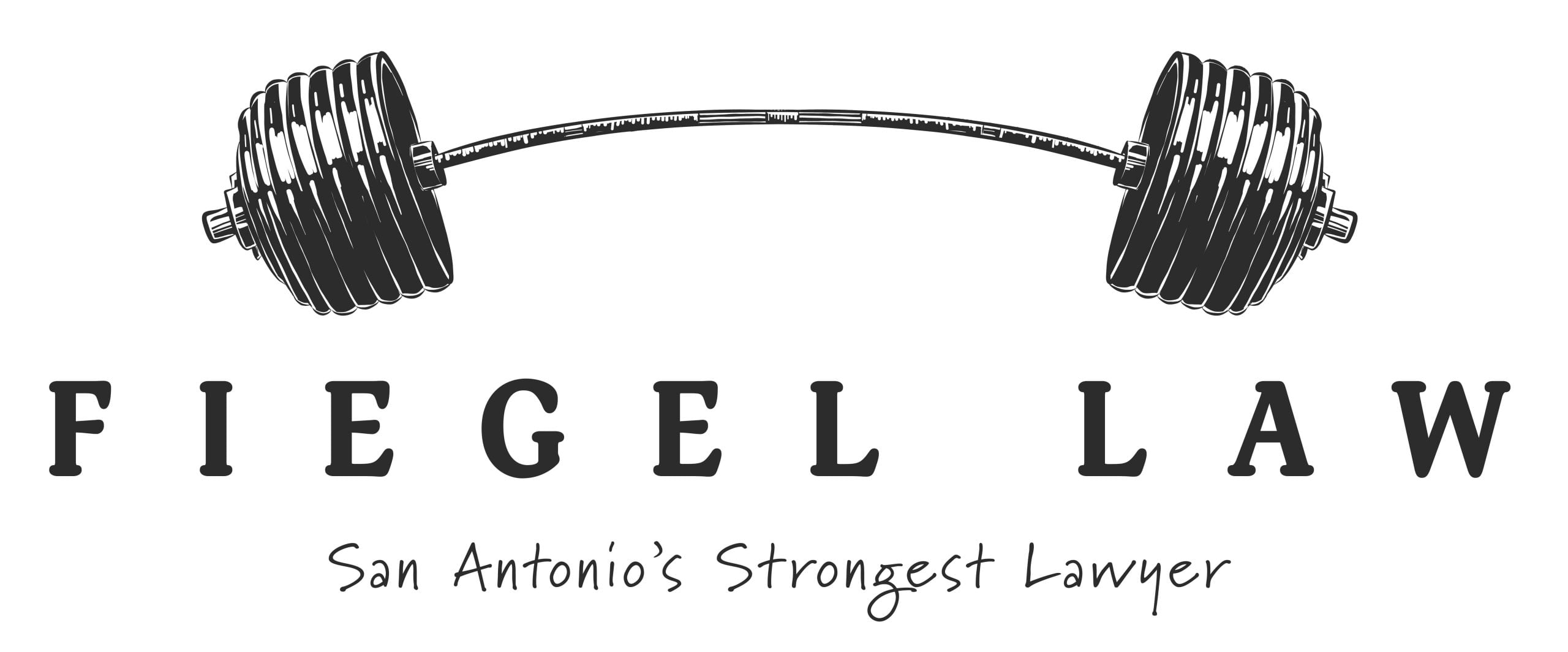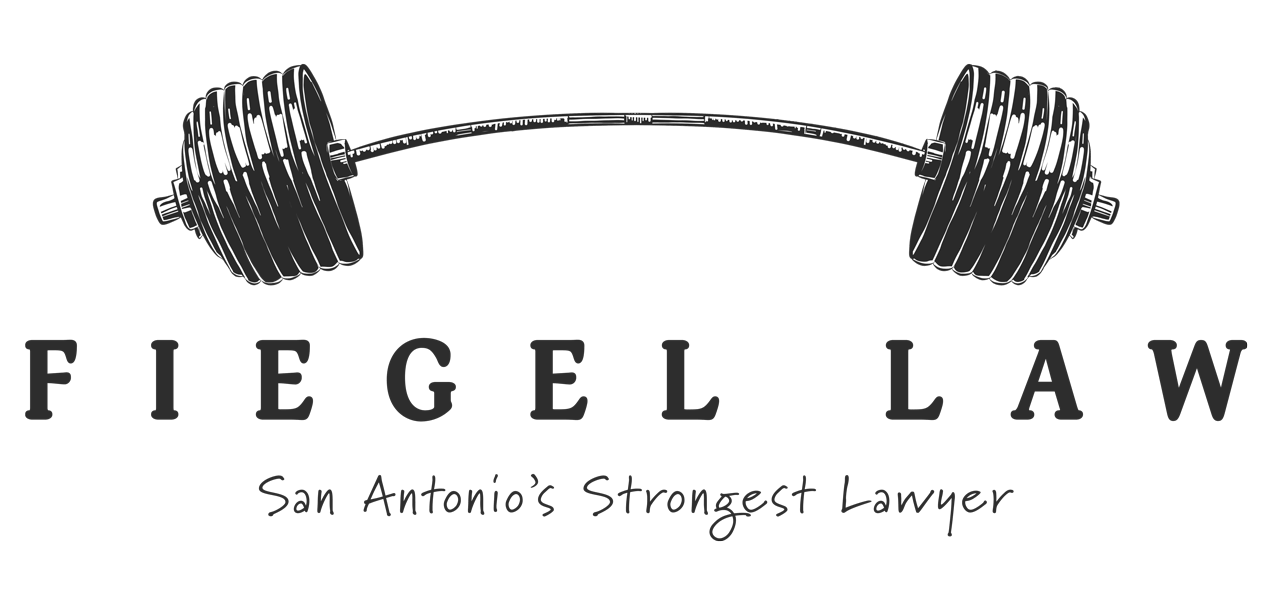How To Choose The Right Advocate for Your Case
Whether it’s a criminal case, family case, probate case or civil case, choosing the right lawyer is a difficult task. Googling will tell you who can afford, or who prioritizes advertising. Asking friends may tell you who helped them or just someone they know. Legal Match is a dead end and they guy you know from your neighborhood or church may or may not be a good lawyer at all. How do you navigate it? How do you find a great lawyer to help your case?
Here’s 5 tips to help.
Find Someone Familiar with the Local Courthouse and Jurisdiction
You may find this weird to be number one on my list, but for me this is critical. So much of law is about relationships, negotiation, subtleties of local rules, knowledge of what judges are looking for and reputation.
A lawyer familiar from the local area is more likely to have working relationships with opposing counsel. They will have more credibility from the local bar and be able to know the ins and outs of each attorney. They also will know which are lazy, which work hard, which are good in court, which are likely to send copious amounts of discovery etc.
Additionally, a lawyer familiar with the jurisdiction will have a much better idea of what each judge in said jurisdiction will be looking for in the arguments and presentation of evidence. At the end of the day, judges are human beings. They will default, subconsciously or consciously, to someone they trust and have built relationship with. More to the point, every person has tendencies and things they want to hear. The lawyer who’s been in front of the same judge dozens of times will simply have a much better understanding of what that specific judge is looking for when asking for specific rulings.
Finally, local rules, clerks, court coordinators, etc make a huge difference in your case. This may be unsettling to believe, but even things like this can matter. Knowing the coordinators can leave to quicker or favorable settings. Sometimes local rules are different from place to place before you file specific kinds of motions. A lawyer who knows the jurisdiction will have less hurdles to navigate than a lawyer who isn’t.
Someone with a Reputation for Being Aggressive
Your advocate must have a reputation of being fearless and unphased by going to court. It’s great to be nice. It’s great to be reasonable. But at the end of the day, if your opposing counsel doesn’t believe you’ll ever tee a case up and bring it to court, you’re at a negotiating disadvantage and subject to being bullied.
Notice, I said “reputation” for being aggressive or fearless. You can have that reputation and still be reasonable. Your lawyer doesn’t have to fight every little motion or refuse to agree to anything to be aggressive. But, rather, your lawyer needs to be willing to fight and fight hard if boundaries are crossed and you need something from the court the other side won’t give.
Find Someone with a Working and Practical Knowledge of that Area of Law
This is tricky. There’s something called ‘board certification’ that Texas will give to attorneys who pass certain exams to demonstrate a proficiency in that specific area of law. While that’s impressive, it only shows a book knowledge of the law and doesn’t show proficiency in actually practicing in that are. For that, you need experience. Experience requires case after case after case. That doesn’t mean older attorneys necessarily. A lot of younger attorneys are more willing to take on a bigger case load and have much more recent experience than even 20 or 30 year veterans.
So how can you find someone with this knowledge? Ask around. Ask court clerks and coordinators. Which attorneys are there often. Which ones fight. Which ones are smart and well known. You’ll begin to find out which attorneys know what they’re doing and which are just pushing paper.
Find Someone Who Fits Your Personality and Meets Your Needs
Representing someone requires communication. Yes, it obviously requires communication to the judge or jury or opposing counsel. But the first level of communication is between the lawyer and client. You need a lawyer you can communicate with and can relate to. They can be the best lawyer ever, but if you two don’t understand each other, then it will very difficult to have that lawyer represent your needs. You both need understand each other, and communicate effectively.
I would also add, some lawyers give out cell numbers, some don’t. Some respond to every email daily, others need a couple days. Some require appointments to talk to, some are more open with their availability. Now, just because a lawyer won’t give you their cell or takes a day or two to respond does NOT mean they can’t meet your needs for communication. However, you know yourself and what you need. So keep that in mind when hiring a lawyer.
Ignore Most Advertising
Advertising, especially on Google, billboards, radio or TV is expensive. There are some amazing attorneys who spend tens to hundreds of thousands of dollars on advertising. There are also some terrible ones. There are some amazing attorneys who don’t spend a dime on advertising and live on their reputation and referrals alone. There are also attorneys who simply aren’t successful enough or willing to take on the online advertising campaign challenge. The point is, just because the ad comes up on your first search, doesn’t make them a good attorney.
So, what should you look for or look at? Reviews are a good start. Don’t just look at stars but READ THE REVIEWS. It’s easy to get some five stars, but if the attorney has a bunch of well thought out 5 star reviews, it means they’re doing something right and worth taking a look at.









